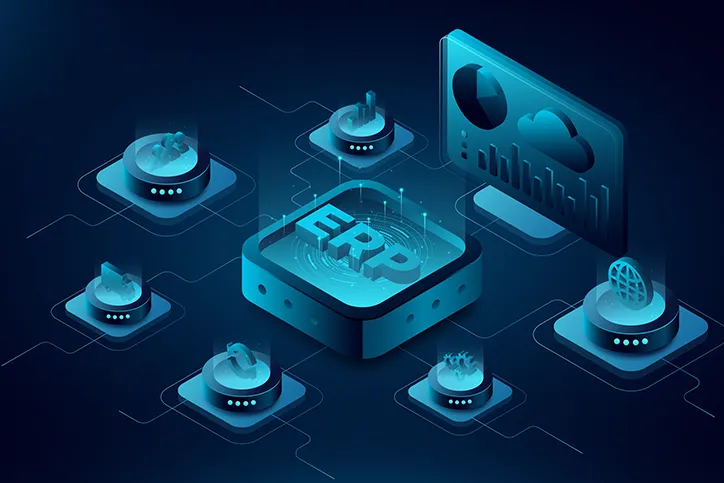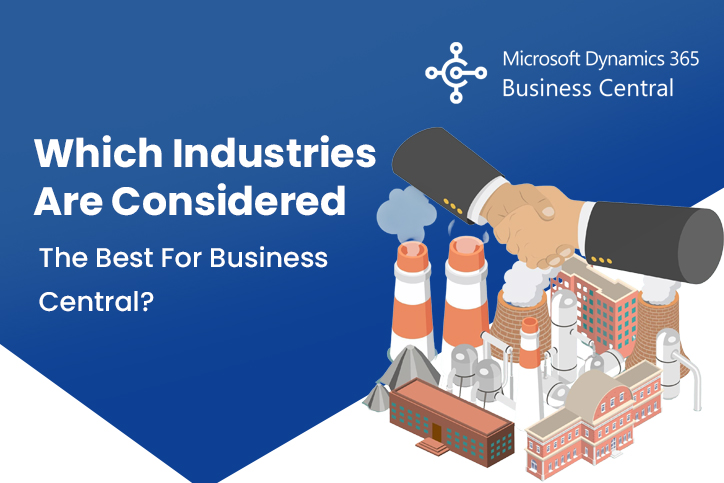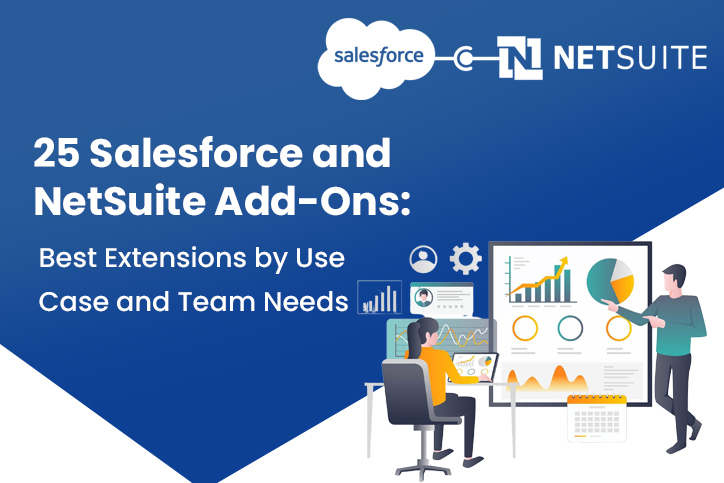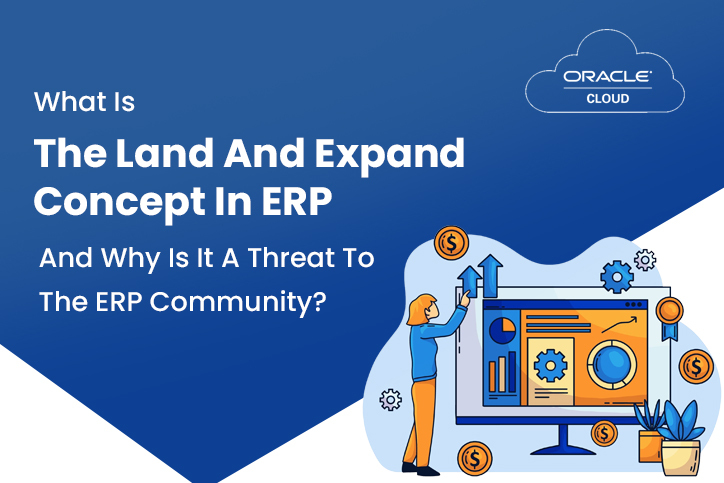Imagine this: You’ve just invested in a cutting-edge ERP system, believing it’s the golden ticket to streamlined operations and skyrocketing productivity. But instead of a smooth ride to success, you’re met with budget blowouts and project delays. ERP systems promise efficiency and integration, but they often come with a hidden complexity that can derail even the best-laid plans. In this guide, we’ll dissect the top five reasons why ERP implementations stumble and offer practical tips to avoid these pitfalls. Get ready to transform your ERP journey from a potential disaster into a triumph of technology and strategy.
The Big Picture: Why ERP Implementations Fail
ERP systems are designed to revolutionize how businesses operate by integrating various processes into a single cohesive system. Yet, the complexity involved can lead to failures if not managed correctly. Let’s dissect the most frequent causes of ERP implementation failures and explore how they impact organizations.
1. Inadequate Planning and Scope Definition
Master the Blueprint
Effective ERP implementation starts long before the software is installed. Inadequate planning and poorly defined scope are major stumbling blocks.
Causes
- Unclear Objectives: When the goals of the ERP implementation are vague or misunderstood, the project can quickly lose direction.
- Scope Creep: Without a detailed scope, additional features and changes can be introduced haphazardly, leading to project drift.
Impact
- Increased Costs: Unplanned changes and scope creep often lead to budget overruns, pushing costs beyond initial estimates.
- Extended Timelines: Poor planning frequently results in delays, disrupting business operations and creating frustration.
Prevention Tips
- Thorough Requirements Gathering: Engage with stakeholders to gather detailed requirements and align the ERP system with business goals.
- Define Clear Objectives: Establish specific, measurable goals for the ERP implementation to guide the project.
- Consult Experts: Utilize EBS implementation services to ensure a well-structured planning phase that minimizes risks.
2. Poor Change Management
Navigate the Transition
Managing change effectively is crucial for ERP success. Poor change management can undermine the benefits of your new system.
Causes
- Lack of User Training: Without proper training, users may struggle with the new system, leading to inefficiencies and errors.
- Resistance to Change: Employees may resist the new ERP system if they are not adequately prepared for the transition.
Impact
- Reduced Productivity: Ineffective change management can result in decreased productivity as employees adapt to the new system.
- Increased Errors: Inadequate training can lead to mistakes that compromise data accuracy and system performance.
Prevention Tips
- Comprehensive Training Programs: Develop robust training sessions to ensure users are confident and proficient with the ERP system.
- Effective Communication: Keep communication channels open to address concerns and provide updates throughout the process.
- Engage Change Management Experts: Partner with professionals experienced in Oracle EBS implementation to smooth the transition and manage change effectively.
3. Incompatibility with Existing Systems
Ensure Seamless Integration
A successful ERP implementation requires compatibility with existing systems. Incompatibility can cause significant integration issues.
Causes
- Legacy Systems: Older systems may not integrate well with modern ERP solutions, causing disruptions.
- Software Differences: Discrepancies between software platforms can complicate data integration and functionality.
Impact
- Operational Disruptions: Integration issues can disrupt daily operations, affecting overall performance and efficiency.
- Increased Costs: Addressing integration problems can lead to additional expenses and extended project timelines.
Prevention Tips
- Conduct Integration Assessments: Evaluate existing systems to ensure compatibility with the new ERP solution.
- Plan for Data Migration: Develop a strategy for data migration to facilitate smooth integration and minimize disruption.
- Consult Integration Specialists: Utilize EBS implementation services to address compatibility issues and ensure seamless integration.
4. Insufficient Testing and Quality Assurance
Test Before You Launch
Thorough testing is essential for a successful ERP implementation. Insufficient testing can lead to critical issues that affect system performance.
Causes
- Inadequate Testing Phases: Rushing through or skipping testing phases can leave significant issues unresolved.
- Lack of Quality Assurance: Without rigorous quality assurance processes, the ERP system may fail to meet performance standards.
Impact
- System Failures: Unresolved issues can lead to system failures, disrupting operations and affecting user satisfaction.
- User Dissatisfaction: Poorly tested systems can lead to frustration and decreased confidence among users.
Prevention Tips
- Implement Thorough Testing: Conduct comprehensive testing at various stages to identify and resolve issues early.
- Establish Quality Assurance Protocols: Develop strict quality assurance standards to ensure the ERP system meets all requirements.
- Engage Testing Experts: Consider Oracle EBS implementation services to benefit from their expertise in testing and quality assurance.
5. Overlooking Post-Implementation Support
Support for Success
Post-implementation support is crucial for maintaining system effectiveness and addressing issues that arise after go-live.
Causes
- Inadequate Support Plans: Without a robust support plan, users may lack the assistance they need to effectively use the new system.
- Neglecting Maintenance: Regular maintenance and updates are essential to keep the system running smoothly.
Impact
- Ongoing Problems: Minor issues can escalate into major problems without proper support, affecting system performance.
- User Frustration: Lack of support can lead to dissatisfaction and reduced system utilization.
Prevention Tips
- Develop a Support Plan: Create a detailed post-implementation support plan that includes regular maintenance and updates.
- Provide Ongoing Training: Offer continuous training and support to address any issues that arise after implementation.
- Partner with Support Experts: Work with ERP consultants specializing in EBS implementation services to ensure continued support and system optimization.
Ensuring ERP Success and Avoiding Pitfalls
Navigating the complexities of ERP implementation can be challenging, but understanding the common pitfalls and adopting preventive measures can make all the difference. By focusing on thorough planning, effective change management, seamless integration, rigorous testing, and robust post-implementation support, organizations can significantly enhance their chances of a successful ERP rollout. These strategies not only help avoid common pitfalls but also ensure that your ERP system delivers the efficiency and value it promises.
If you’re ready to optimize your ERP implementation and achieve outstanding results, consider leveraging expert services in EBS and Oracle EBS implementation. Their specialized knowledge and experience can guide you through every stage of the process, ensuring a smooth transition and helping you maximize the benefits of your new system. With the right support, you can turn potential challenges into opportunities for growth and operational excellence.
Elevate Your ERP Success! Partner with SoftArt Solutions for seamless EBS and Oracle EBS implementation. Contact us today to unlock the full potential of your ERP system!
FAQs
What are the top reasons ERP implementations fail?
Common reasons for ERP failures include inadequate planning and unclear scope, poor change management, incompatibility with existing systems, insufficient testing, and lack of post-implementation support. These issues can lead to budget overruns, extended timelines, and operational disruptions.
How can I prevent scope creep in my ERP project?
To prevent scope creep, define a clear project scope and objectives from the start, involve all stakeholders in the planning process, and implement a change control process to manage any requested modifications. This helps keep the project on track and within budget.
Why is change management important for ERP success?
Change management is crucial because it helps users adapt to the new ERP system, reducing resistance and ensuring effective use. This includes clear communication, comprehensive training, and ongoing support to maximize the benefits of the system.
What is the role of testing in ERP implementation?
Testing is essential to identify and fix issues before the ERP system goes live. It ensures that the system functions correctly, meets business requirements, and integrates smoothly with other systems, preventing costly disruptions later.
What should a post-implementation support plan include?
A post-implementation support plan should cover regular system maintenance, ongoing user training, and strategies for addressing and resolving any issues that arise after the system is live. This ensures the system remains effective and continues to meet evolving business needs.








